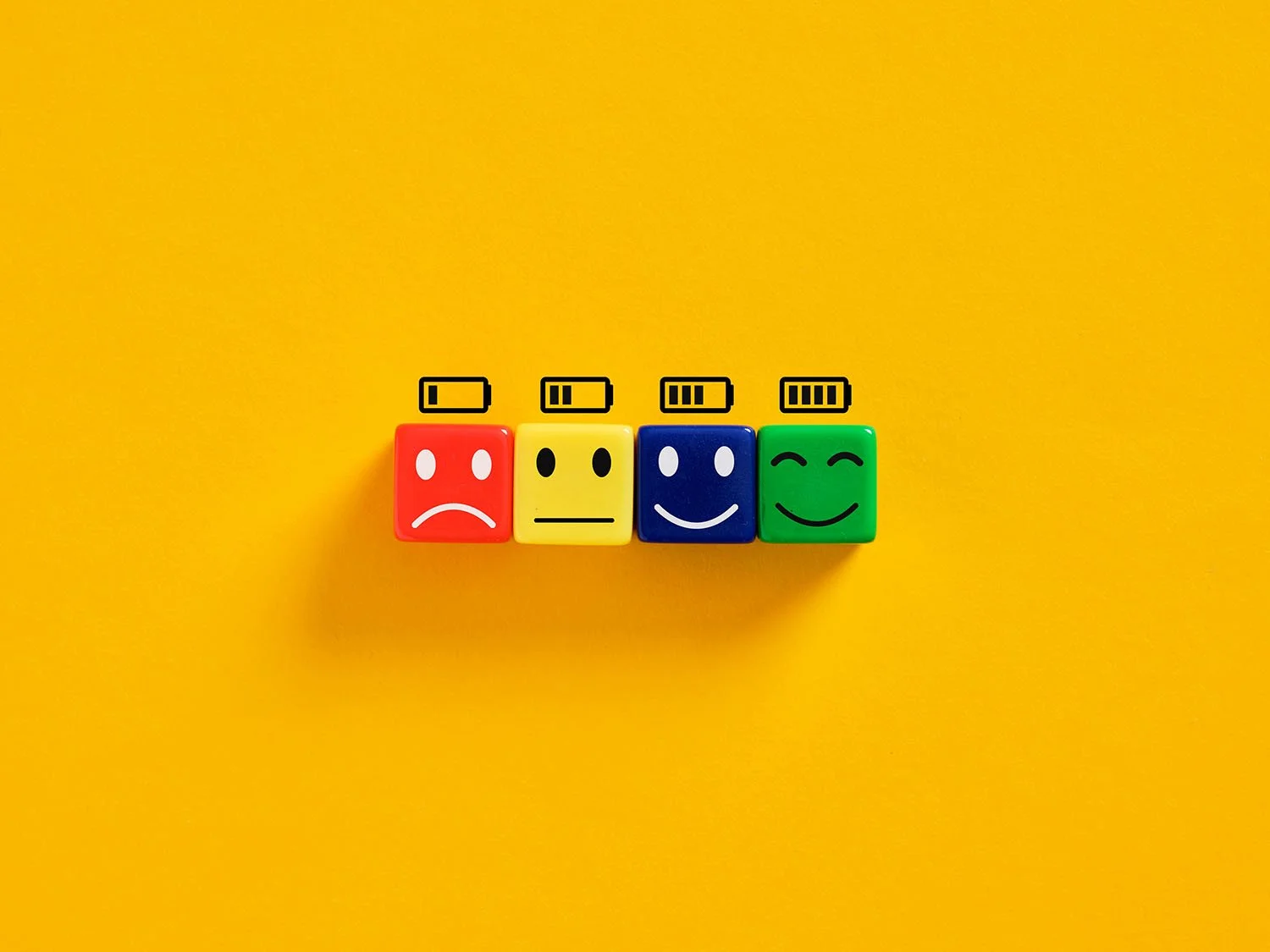The Role of Testosterone in Men’s Mental Health and Emotional Balance
Testosterone plays a vital role in men’s overall health, impacting both physical and mental well-being. While much of the conversation around testosterone focuses on physical strength and energy, its influence on mental health and emotional balance is just as significant. We are committed to empowering men with accurate, science-backed information to help them achieve a balanced, healthy life. In this article, we’ll explore how testosterone affects men’s mental health and emotions, as well as practical ways to support healthy hormone levels.
Testosterone and Mental Health
Testosterone, a hormone primarily produced in the testes, is often associated with traditional markers of masculinity such as muscle mass and libido. However, its role extends far beyond these physical traits. Testosterone also affects brain function, influencing mood regulation, energy levels, and cognitive performance.
Research shows that low testosterone levels can contribute to symptoms of depression, fatigue, and difficulty concentrating. This is because testosterone interacts with key neurotransmitters in the brain, such as dopamine and serotonin, which are essential for maintaining a positive mood and mental clarity. Men with low testosterone may feel irritable, lack motivation, or experience feelings of sadness without a clear cause.
We believe that understanding these connections is the first step toward achieving better mental health. Our mission is to provide men with the tools and knowledge they need to navigate their health journey confidently.
Emotional Balance and Testosterone
Emotional balance is closely tied to hormonal health, and testosterone plays a crucial role in this area. Fluctuations in testosterone levels can impact a man’s ability to handle stress, maintain emotional stability, and process emotions effectively.
For example, low testosterone levels have been linked to increased anxiety and irritability. On the other hand, optimal testosterone levels can help men feel more resilient and emotionally grounded. Testosterone also influences cortisol, the body’s primary stress hormone. A healthy balance between these hormones helps regulate the body’s stress response, making it easier to stay calm under pressure.
We emphasize the importance of addressing hormonal imbalances to achieve emotional well-being. By providing trusted guidance, we help men identify potential hormonal concerns and take proactive steps to support their overall health.
Practical Tips for Supporting Testosterone Levels
Maintaining healthy testosterone levels doesn’t have to be complicated. Small but consistent changes in lifestyle can make a significant difference. Here are some practical tips for men looking to support their testosterone levels:
Prioritize Sleep: Aim for 7-8 hours of quality sleep per night. Sleep is crucial for hormone production, and poor sleep patterns can lead to lower testosterone levels.
Stay Active: Regular physical activity, particularly strength training and high-intensity interval training (HIIT), has been shown to boost testosterone production.
Eat a Balanced Diet: Include healthy fats, lean proteins, and nutrient-rich vegetables in your meals. Zinc, vitamin D, and magnesium are especially important for hormone health.
Manage Stress: Chronic stress can elevate cortisol levels, which can suppress testosterone production. Incorporate stress management techniques such as meditation, deep breathing, or yoga into your routine.
Maintain a Healthy Weight: Excess body fat, especially around the abdomen, can contribute to lower testosterone levels. A healthy diet and regular exercise can help keep your weight in check.
Stay Hydrated: Proper hydration is essential for overall health, including hormonal function.
OTR Health & Wellness provides valuable resources and support for men looking to improve their health. Whether you’re just beginning your wellness journey or seeking specific guidance, OTR is here to help you every step of the way.
Testosterone is more than just a hormone—it’s a critical factor in men’s mental health and emotional balance. From regulating mood to managing stress, healthy testosterone levels can help men feel their best, both mentally and emotionally. By prioritizing sleep, exercise, proper nutrition, and stress management, men can take actionable steps to maintain hormonal health.
We’re dedicated to providing men with the information and support they need to lead healthier, happier lives. Explore our resources today to learn more about how you can take control of your mental and emotional well-being. Let us be your partner in achieving optimal health—because when you feel your best, you can live your best life.





















